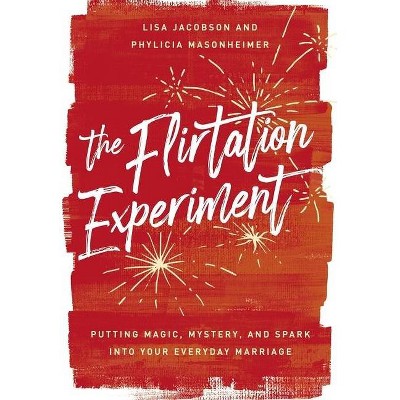Begin Again Now - by Harry R Jacobson & Timothy C Jacobson (Hardcover)
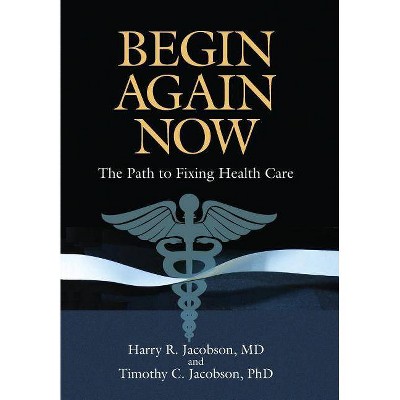
Similar Products
Products of same category from the store
AllProduct info
<p/><br></br><p><b> About the Book </b></p></br></br>What should we be buying in health care, anyway? BEGIN AGAIN NOW answers this neglected but critical question from clinical, business and historical perspectives and proposes a new system of service based on translation, evidence, teams, informatics & continuous improvement. It shows how we can bridge the gap between what we know & what we do.<p/><br></br><p><b> Book Synopsis </b></p></br></br><p>Imagine for a moment a fantasy health care system that acted in its own enlightened self-interest <em>and</em> for the benefit of the individuals it served and the health of the populations they composed. Describing such a system would call for a different language. Out would golofty talk of rights and entitlements and endless argument about who pays for what and how much. In would come one down-to-earth question: What is it that we are buying?</p> <p>It is a fantasy because of the gap between what we know and what we do, between the output of biomedical discovery and its translation into clinical practice and better outcomes. This gap leads to crippling inefficiency in a delivery system beseiged by unlimited demand and insistent expectations, and to hugh variability in cost and quality. Political attempts to control, regulate and guarantee access miss the point and have not helped to close the gap.</p> <p><em>Begin Again Now</em> explains how to close the gap and keep it closed. While history bequeaths no simple policy parallels to the future, Abraham Flexner's reforms of a century ago still teach by analogy. <em> Begin Again Now</em> identifies the components of a new system of service, a new way of doing medicine and helath-care service innovation that speaks to today's future as powerfully as Flexner's ideas about the union of science and medicine spoke to yesterday's. And it proposes how to institutionalize disruptive reform - the enduring lesson in Flexner's heritage - and achieve impact transcending the resources invested.</p> <p>What to do is no secret. Doing it is within our reach. Why not begin again, now? </p> <p> </p><p/><br></br><p><b> Review Quotes </b></p></br></br><br>BEGIN AGAIN NOW: The Path to Fixing Health Care In an eloquent, authoritative, yet conversational manner, the Jacobsons recount how Abraham Flexner's seminal report not only shaped the standardization of medical education and the transformation to science-based medicine with its increasingly expensive arsenal of diagnostic and therapeutic technology, but how it also created a trajectory to the financially unsustainable "non-system" of healthcare services that is the signal domestic challenge of today. That Flexner's treatise proved so transformative is testament to the timeliness of its recommendations, as well as the confluence of social forces that embraced its recommendations to create a "paradigm-shift." While Santayana warned that those who do not remember the past are condemned to repeat it, the Jacobsons persuasively argue that resurrecting those social forces in support of directed health services research - the application of science to understanding how to remake a disjointed healthcare industry into a coherent system - can recapitulate the context for another desperately necessary "paradigm-shift," the urgency of which compels us to "begin again, now." Jonathan B. Perlin, MD, PhD, Chief Medical Officer, Hospital Corporation of America and Chair, American Hospital Association 2015 What accounts for the gap between our vast and growing biomedical knowledge and the persistent poor performance of our health care system? How can we innovate in the delivery of health care as effectively as we have innovated in its science? Begin Again Now explores these questions, combining clinical, managerial and historical perspectives. If you are serious about lifting the health care discussion above politics into the realms of research, practice and business, this is the book to read. Senator William Frist, MD A growing crisis challenges the Flexnerian model of American health care and calls into question the capability of academic health systems to shape the future of medicine and health care in our country. The authors of this probing study, one a renowned entrepreneur and leader in academic medicine, the other a seasoned historian, outline a new application of science that can move discovery more rapidly into practice and more effectively to scale, to create the learning health systems we sorely need. Spotlighting the contradiction between our science, which is better than ever, and our inability to reap its rewards in better health for our population, the Jacobsons build the case for a fundamental shift from the individual clinician to institutions that can carry forward discoveries and transform care. Begin Again Now should be required reading for everyone dedicated to the future of medicine and health. Molly Coye, MD, Social Entrepreneur in Residence Network for Excellence in Heath Innovation and formerly Chief Innovation Officer UCLA Health<br>
Price History
Price Archive shows prices from various stores, lets you see history and find the cheapest. There is no actual sale on the website. For all support, inquiry and suggestion messagescommunication@pricearchive.us
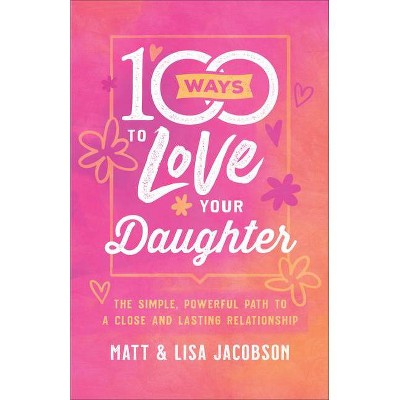
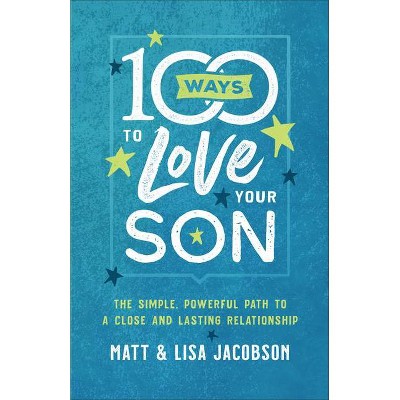

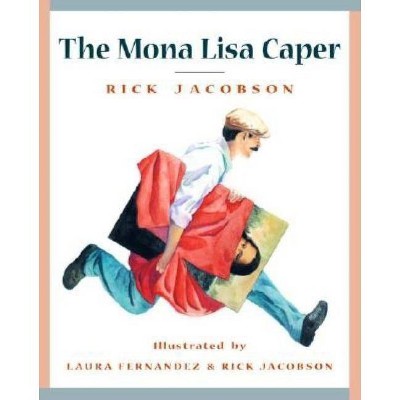

![Begin Again [DVD] [2013]](https://pisces.bbystatic.com/image2/BestBuy_US/images/products/8733/8733369_so.jpg)
![Begin Again [LP] - VINYL](https://pisces.bbystatic.com/image2/BestBuy_US/images/products/3530/35308608_so.jpg)

